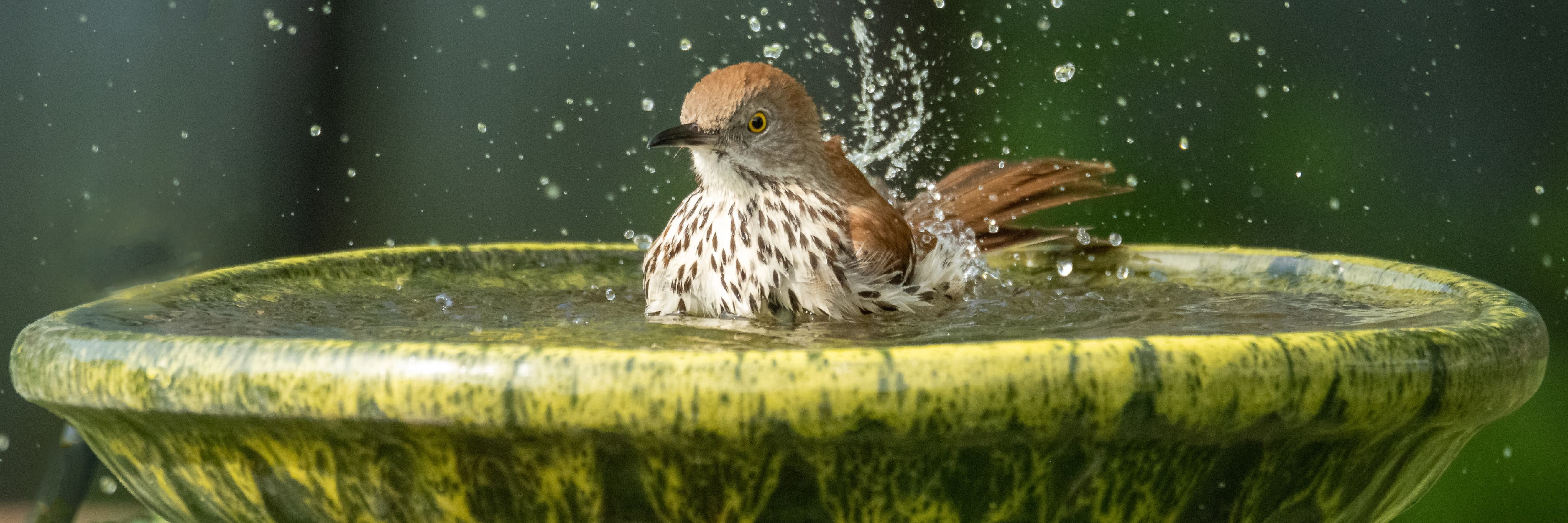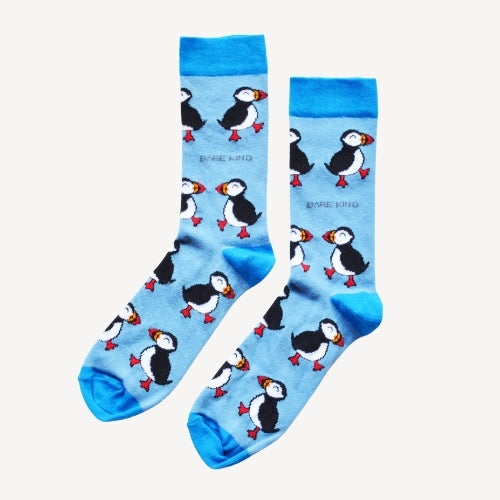How to Help Wildlife During the Summer: Simple Steps to Be a Nature Hero
August 6, 2025 • Grace Micere
>

Summer is a beautiful time to enjoy the outdoors. You can go on long walks, enjoy picnics, or take trips to the beach or countryside. While we're soaking up the sunshine, this is the busiest season for wildlife. Birds are nesting, mammals are raising their young, and insects are buzzing from flower to flower.
With so much going on in the natural world, it’s the perfect time to be mindful about how we can protect it. In this article, we’ll show you some easy and impactful ways that you can take better care of wildlife during the warmer months.
1. Don’t Litter—Even a Little Bit
It might seem like common sense, but litter—especially in natural spaces—is still one of the biggest threats to wildlife. Plastic wrappers, bottles, and food scraps can harm animals if eaten. Some may entangle the animal and cause asphyxiation or loss of limbs. Even biodegradable waste like fruit peels can disrupt local ecosystems.
Always take your rubbish home or use designated bins when out in the wild. You can bring a small bag on your walk and pick up any litter you see, nature will thank you.
2. Keep Wild Animals Wild
In summer, it’s not uncommon to come across baby birds, young rabbits, or even fawns that seem “abandoned.” In most cases, they’re not in trouble. Their parents are usually nearby. Unless the animal is visibly injured or in immediate danger like next to a busy road, it’s best to leave it alone.
Wild animals do best in the wild. Therefore, removing them from their habitat, even with good intentions, can cause more harm than good. As always, in case you’re unsure, call a local wildlife rescue for advice.
3. Be a Responsible Explorer
When hiking or exploring wild areas, stick to paths and avoid trampling through long grass or undergrowth. These are often home to nesting birds and small animals. If you’re at the beach, be cautious around dunes and avoid disturbing rock pools, which are important habitats for marine life.
As you snorkel or deep-sea dive, avoid stepping on coral reefs or tampering with the plants and animals on them. One small act of curiosity can cost an entire ecosystem it’s delicate balance.
4. Keep Pets Under Control
Dogs love a summer adventure, but they can easily disturb wildlife like nesting birds or young mammals. Always keep dogs on a leash in nature reserves or wild areas and be mindful of where they’re sniffing around.
Cats should ideally be kept indoors during peak bird nesting season if possible. You can also fit them with a bell on their collar to reduce the chances of them catching wildlife.
5. Offer Water, Not Food
Wildlife can struggle with heat just like we do. One of the kindest things you can do is provide clean water. A shallow bowl or dish with fresh water can help birds, hedgehogs, bees, and more stay hydrated. Just set it out and leave it there.
That said, it’s best to avoid putting out food, as it can attract predators or lead to animals becoming dependent on humans. A dish of water, especially in dry spells, is a small gesture with big impact. But be sure to avoid close interactions with the animals to avoid injury to yourself or the animals themselves.
6. Create Safe Spaces
Your garden or balcony can be a mini sanctuary. Planting wildflowers supports pollinators like bees and butterflies. Letting a patch of grass grow a little wild provides shelter for insects and small mammals.
Steer clear of using pesticides and herbicides, as these can harm more than just the pests you're targeting. If you’re feeling ambitious, you could even install a bird box, bat box, or hedgehog tunnel.
7. Help Animals Beat the Heat
If you find a wild animal showing signs of heat stress like panting, acting lethargic, or lying in unusual places, try to create shade or offer water nearby. Don’t pour water directly onto animals as this can cause them to go into shock).
Instead, you can dampen a small towel or provide a shady, cool spot where they can rest. Again, if in doubt, contact a wildlife professional for guidance.
8. Rescue the Right Way
If you do come across an animal in distress because they are injured, tangled in rubbish, or visibly ill, contact your nearest wildlife rescue centre. Resist the urge to care for it yourself unless you're trained to do so.
Contrary to what you see on the internet these days, such an innocent gesture could be deadly to you or to the animal in question. Let the professionals handle it instead. Quick intervention by the right people can mean the difference between life and death for many animals.
9. Spread the Word
Sometimes, the best way to help is to educate others. Share wildlife-friendly tips with friends, especially children, to help them grow up appreciating and respecting nature. The more people looking out for wildlife, the safer our natural world becomes.
In Summary
Taking care of wildlife doesn’t require grand gestures. It’s about being aware, kind, and thoughtful in our everyday actions. This is especially the case during the summer months when animals are most active and vulnerable.
Small decisions can make a big difference, whether that’s resisting the urge to rescue a baby bird or simply keeping your dog on a leash in nesting areas. You can also take care of nature is to partner with businesses and organisations that do the same. For instance, here at Bare Kind, we make our comfortable bamboo socks from eco-friendly materials, use 100% plastic-free packaging and donate part of our profit to saving animals and their habitats.
We’ve partnered with 35+ animal-saving charities to help save animals from unfavourable living conditions. Each time you buy a pair of bamboo socks, 10% of profit goes to saving the animal on them. Explore our wide selection of stylish, soft, comfortable bamboo socks for more details about what we do for you and for nature.
Invalid Password





